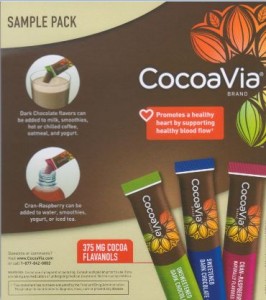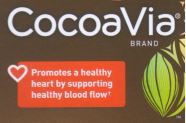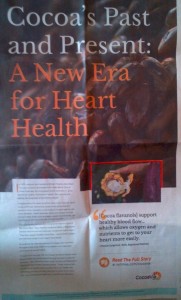Clean Water rules: Will Congress just say no?
Today’s Politico Morning Agriculture report has this brief note:
SENATE TO TAKE UP WOTUS FIX: The Clean Water Rule’s days could be numbered. The Senate could as early as next week take up a bill from Sen. John Barrasso to require the EPA to withdraw its Clean Water Rule and re-draft the measure with the help of states and other affected groups…The bill has the backing of 46 senators…Given that the House has already passed a similar measure, a “yea” vote from the Senate could signal a quick demise for the rule.
This sent me to try to understand what the Clean Water Rule is about and why so many groups want to get rid of it.
In June, the Environmental Protection Agency (EPA) published a final rule defining the Waters of the United States (WOTUS) covered by its regulations. This, as far as I can tell, extends regulatory protection beyond large streams to the small streams that flow into them.
On its website devoted to this rule, the EPA says “The rule ensures that waters protected under the Clean Water Act are more precisely defined, more predictably determined, and easier for businesses and industry to understand.”
Maybe so, but I’m having a hard time understanding how the new rules would require agricultural producers to clean up the waste they discharge into local streams.
The agricultural implications are particularly contentious—think of the huge volumes of animal waste delivered to streams by Confined Animal Feeding Operations (CAFOs) or of pesticides and herbicides running off from mega-farms.
But the EPA insists that there are no changes to the current rules that exempt agriculture from having to protect local water supplies.
Agricultural producers evidently do not believe this. They have done everything possible to block the rules and apparently will succeed in this effort.
The strength of the opposition—farm organizations, golf course groups, municipalities—suggests that somewhere in these rules must be restrictions on discharges into water supplies. If so, the Clean Water rules deserve plenty of support.
I wish I could find a clear, straightforward explanation of what the WOTUS rules would do. If the rules are overturned, which it looks like they will be, I’m wondering if this is because only lobbyists can understand the details and implications.
This document from the American Water Works Association has useful diagrams illustrating which streams are affected by the EPA’s rules.
Are any groups supporting the WOTUS rules? If so, they are very quiet.
Addition
The National Resources Defense Council (NRDC)’s position paper on the failings of the Clean Water Rule






